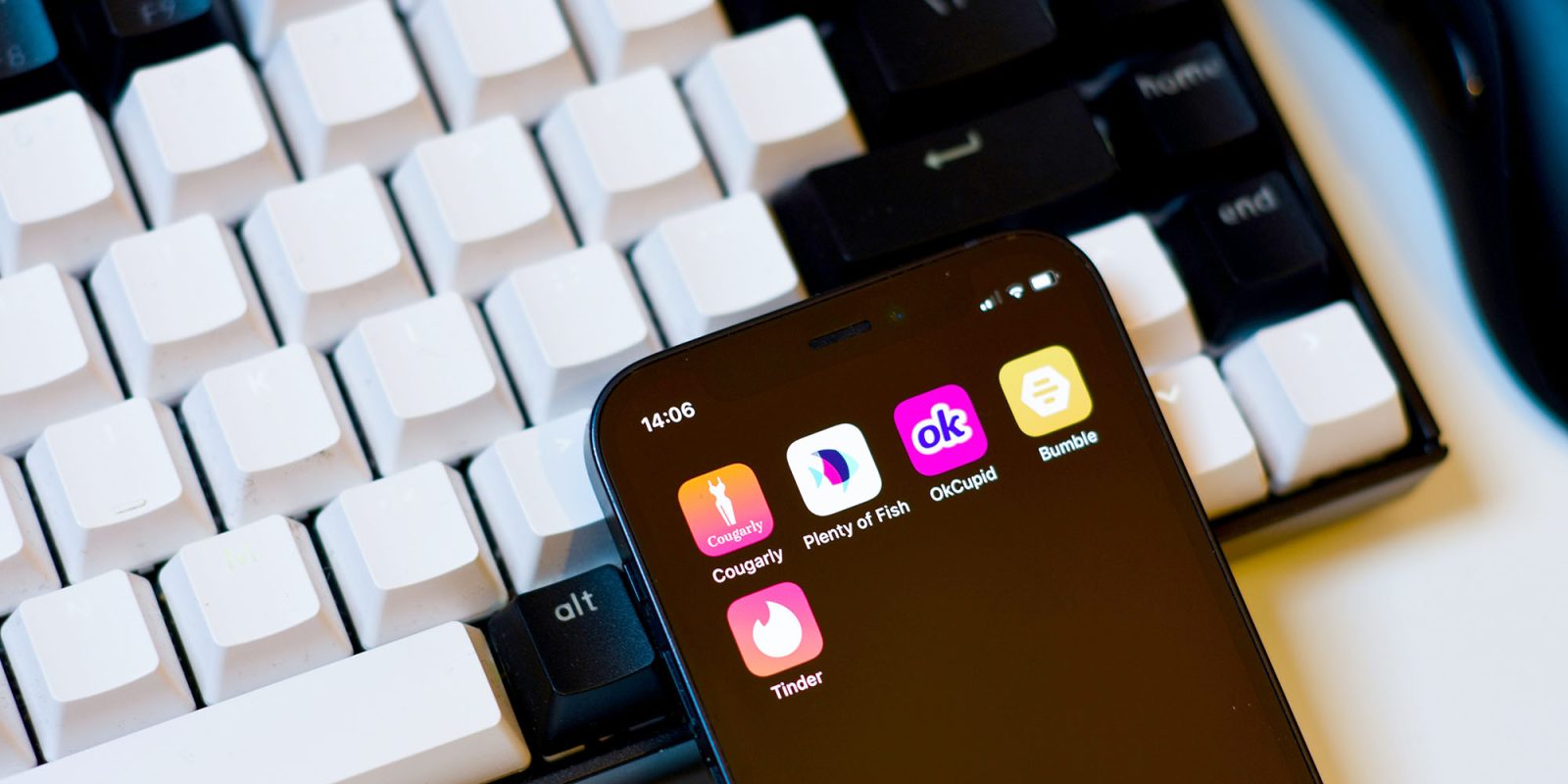
You’d think that dating apps would help people find better partners, given that they allow daters to expand their dating pool beyond the people they meet organically, but new research suggests that isn’t the case.
The research even suggests that online dating may have negative effects on society as a whole, by reducing social mobility …
In theory, being able to search for a partner on a website or in an app should improve dating outcomes, since it vastly expands the number of potential partners people can find, and enables them to screen on criteria ranging from age to hobbies.
But a research paper which analyzed data ranging from 1960 to 2021 found that this doesn’t appear to be the case.
Given the proliferation of online dating, we would expect to observe a substantial improvement in the ability to find and meet potential partners, reflecting reduced search costs brought about by this improved search technology. Instead, the findings show that the data contradict these predictions.
The paper’s authors concluded that information overload seemingly wipes out the theoretical benefits.
My co-authors and I observed no decrease in search costs and no discernible increase in selectivity since 1960. Instead, we argue that effective search costs reflect individuals’ capabilities to process and evaluate information, which subsequently determines their proficiency in mate selection within the marriage market. Despite technological progress and its promise of easier matching, individuals’ capabilities to process information appear to remain unaltered, accounting for the apparent lack of enhancements in matching efficiency and selectivity.
Bloomberg notes that dating apps may actually do societal harm by increasing income inequality. It says that search filtering based on highest education level achieved means that high earners are now more likely to marry other high earners.
Who people marry has a major impact on household income. The research shows that the two main contributors to inequality through the selection of a future spouse are education and skills […]
Overall, the predominance of online apps to find a future partner has led to a 3-percentage-point increase in the Gini coefficient — a widely used measure of income inequality, the research shows.
Photo by Nik on Unsplash
FTC: We use income earning auto affiliate links. More.





